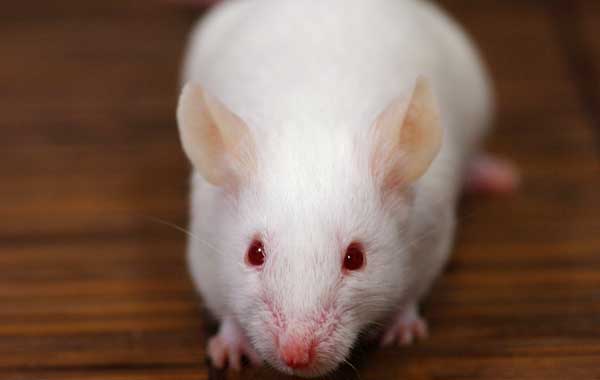Of Mice and Men: Engineered Rodent Can Test Human Diabetes Drugs

Scientists have genetically engineered mice to have human Type 1 diabetes, and upon treating the mice with a human diabetes drug, found the drug affected the mice just as it affects people, according to a new study.
This means these mice can now be used to test human diabetes drugs for effectiveness before the drugs are tested in people, said Dr. Matthias von Herrath, director of the Center for Type 1 Diabetes Research at the La Jolla Institute for Allergy & Immunology in California, who was not involved with the research.
Until now, mice with Type 1 diabetes had to be given drugs that were slightly different than those given to people, so side effects remained unexplored, or drugs that looked promising in mice could be ineffective when given to humans, he said.
"There was no way of directly comparing or testing [the drugs] beforehand," aside from giving a mouse a mouse version of the human drug, Von Herrath told MyHealthNewsDaily.
But mice in the study had diabetes that much more closely mimicked the disease as it is found humans, so these mice can be treated with the human versions of drugs albeit at lower, "mouse-friendly" doses. This will allow researchers to test drugs in a mouse model without harming humans, said Von Herrath, who wrote an accompanying commentary on the new study.
Type 1 diabetes is an autoimmune disorder, in which the body's immune cells attack the cells in the pancreas that produce insulin and regulate sugar levels.
The mice in the study were engineered by French researchers and were treated with a human diabetes drug that has been shown to stop the disease's progression in people by strengthening the insulin-producing cells' tolerance to the immune system, according to the study.
Sign up for the Live Science daily newsletter now
Get the world’s most fascinating discoveries delivered straight to your inbox.
Although the study examined the effectiveness of only one Type 1 diabetes drug in the mice, the critters could be used to test other drugs, too, Von Herrath said.
"Down the road, [the mice] can be workable for many, many, many potential beneficial things," he said.
Side effects seen in the mice would represent side effects in a human, Von Herrath said.
And this is especially important because Type 1 diabetes strikes young people, he said.
"With younger kids , the drug testing has to occur very correctly," he said. "It becomes even more important, because for sure you don't want to give anything dangerous to a young child."
The study was published today (Feb. 2) in the journal Science Translational Medicine.
Pass it on: Researchers have engineered mice to have "human" Type 1 diabetes. This could change the way diabetes drugs are tested before human clinical trials.
Follow MyHealthNewsDaily staff writer Amanda Chan on Twitter @AmandaLChan.










